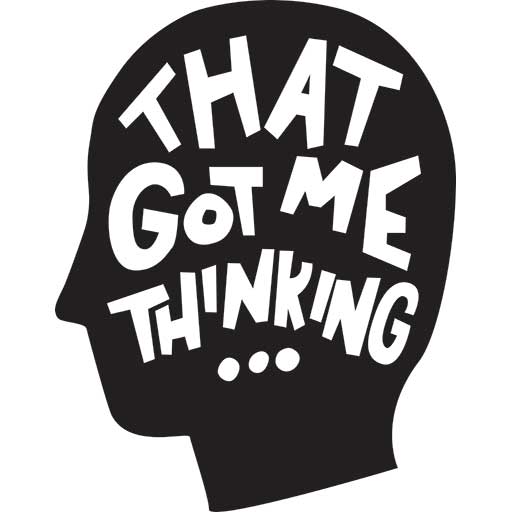
How to Make the World a Better Place
Yale researcher Paul Bloom, author of How Pleasure Works and Just Babies, disagrees with policy makers, activists, scientists and philosophers who think the only problem with empathy is that we need more of it. Bloom convincingly argues that the natural impulse to share the feelings of others can do more harm than good, leading to inequality and immorality. In his most recent book, Against Empathy: The Case for Rational Compassion, Bloom exposes and explores the biases of empathy. He questions the assumed positive relationship between empathy and morality, and demonstrates the two often point in different directions.
When deliberating over decisions, it’s actually preferable to examine our gut feelings critically before we act. How we feel about something may lead to a very different conclusion than the intellectual, rational analysis of factual data.
Bloom believes the world is getting better, it just may not be emotional empathy that is getting us there. He says, “We are becoming smarter when it comes to morality.” He thinks, we aren’t angels, we aren’t perfect, but typically we are good at using our minds at decision making, caring about the facts and consequences and the best way to achieve certain goals.
Bloom asks, “What is the best approach to help people and alleviate suffering?” And then with rational thinking as his guide, he goes about finding the answer. It turns out, indulging one’s empathy might give one a great deal of personal satisfaction, but empathy alone often leads us astray. However, a union of a burst of empathetic compassion to motivate us, giving way to the rigor of the rational mind, leads us to the most successful and moral decisions possible.
